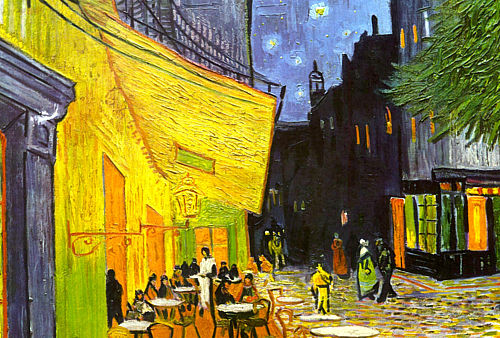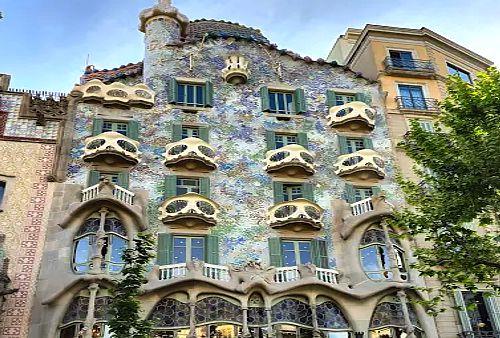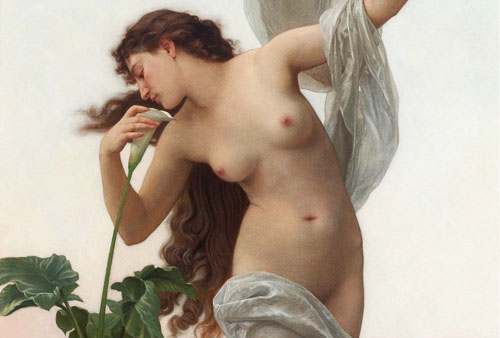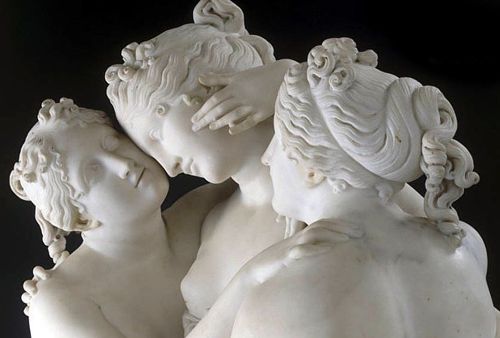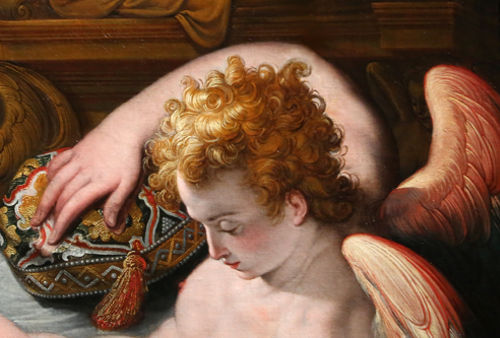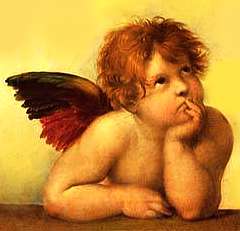Echo was a forest nymph, an Oread (mountain nymph) who lived happily on Mount Helicon. She was a free spirit, very cheerful and playful, but her most notable talent, and what she loved most, was undoubtedly her voice. Her eloquence was such that, on Olympus, she became the main distraction for the goddess Hera herself.
And why did Hera need to be entertained? The answer, of course, is Zeus. The husband of the year, the king of the gods, was quite the scoundrel. While Echo, with her beautiful words, kept the jealous Hera occupied, Zeus took the opportunity to use all kinds of disguises and satisfy his baser instincts with other nymphs and mortals out there. Echo was not malicious; she simply loved to talk and was the key piece in Zeus's scheme of deception.
Olympic Wrath and the Punishment of Gossip
Echo was a privileged creature. She was raised by nymphs and educated by Muses. The most beautiful words ever named flowed from her mouth; even everyday phrases sounded pleasant and delightful when she expressed them. This, naturally, annoyed Hera on two counts: she was not only jealous of Echo's beauty and charm but knew perfectly well that the nymph was her 'bait' to distract her from Zeus's escapades.
When the goddess discovered the deception, she did not hesitate to seek an exemplary penalty. But instead of punishing Zeus (who, for a change, was untouchable), the wrath fell on Echo. Hera took away her precious treasure: her voice. But the punishment was not total silence, but a cruel mockery. The curse forced her to repeat the last word spoken by the person she was having a conversation with. Incapable of taking the initiative in a chat, and limited only to being the reflection of other people's words, Echo was completely silenced as an individual. Frightened and cursed, she abandoned the forests she used to inhabit and retreated to a cave near a stream.
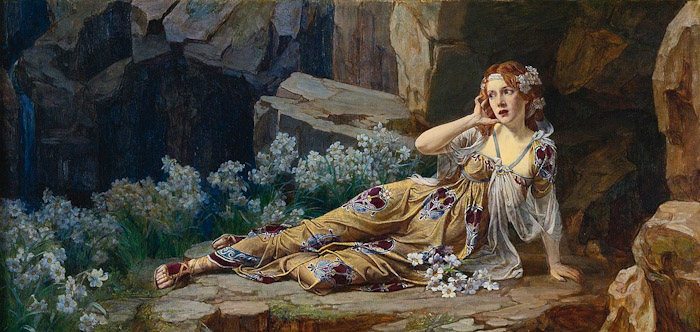
Narcissus: The Prophecy and Ignored Perfection
Hidden from the world and broken, Echo found a new, and fatal, obsession in her solitude. She fell desperately in love with the graceful shepherd Narcissus, son of the nymph Liriope of Thespiae and the river-god Cephissus.
Narcissus's story was singular. At birth, the seer Tiresias (known for his infallible predictions) warned his mother with a disturbing prophecy: the young man would live a long life, but only if he 'never came to know himself' or, more precisely, if he did not see his own image reflected. Warned, his mother always avoided mirrors and other objects in which Narcissus could see himself.
Thus, Narcissus grew up ignoring the enormous beauty with which he was born. This ignorance did not make him humble, but rather introverted and self-contained. He used to take long walks, immersed in his thoughts, oblivious to the desire he aroused in everyone he passed, whether nymphs or mortals.
The Encounter and the Cruelty of Hubris
Echo had already set her eyes on him for some time and had become completely smitten with the boy. Narcissus always repeated his walk near Echo's cave, and she waited for him, observing him from afar and admiring him with desperation.
One day, without realizing it, the nymph stepped on a dry twig and the noise made Narcissus discover her. Surprised by the hidden figure, he asked her what she was doing there. Because of Hera's curse, she could only repeat the last words he said. He continued talking and she repeating: a frustrating and impossible dialogue, a torture for someone who needed to confess her love.
Finally, with the help of a cry of love and perhaps the forest animals who pitied the nymph, Echo was able to confess her love to Narcissus. Hopeful of being reciprocated, poor Echo only received laughter and ridicule from the young man. Narcissus, who knew no empathy and only valued himself, rejected her in the cruelest way. The prince charming was already fading!
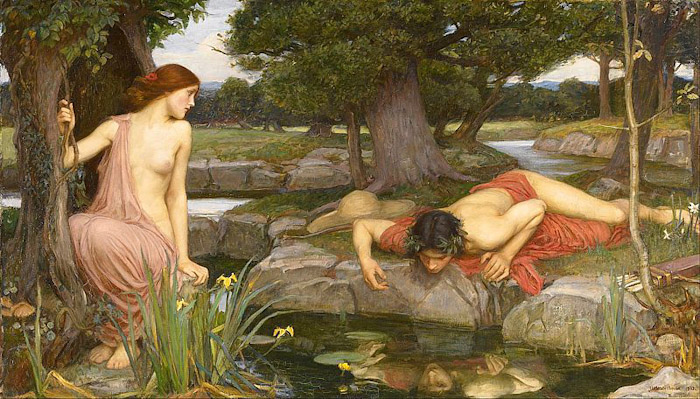
The End of the Voice and Nemesis's Vengeance
With a broken heart, our poor Echo returned to her cave crying, disconsolate. She remained there without moving, slowly consumed by pain and shame. The myth says that her body became so fragile that it merged with the cave and the rock, until only her voice remained, floating in the air. That is why the phenomenon we know as 'echo' is nothing more than the melancholic whisper of the nymph, trapped forever repeating what others say.
However, Narcissus did not escape unpunished for this act of hubris. The goddess Nemesis, one of the primordial goddesses who dealt out retributive justice (that is, exemplary and deserved punishment), had witnessed everything. Pitying Echo's fate, Nemesis took advantage of one of Narcissus's walks to teach him a lesson. She awakened a powerful thirst in him which, between us, seems to have been the only thing that woke up in the young man.
The Condemnation of Self-Image
The young man, desperate, remembered the stream near Echo's cave. As he drank, he saw his image reflected in the water. And Zas! Just as Tiresias had predicted, his own image caused his doom. He became so captivated and admired by himself that he fell in love with his own reflection.
Narcissus tried by all means to touch, embrace, and unite with his beloved reflection, a figure that was himself, yet unattainable. Unable to separate himself from his beauty, Narcissus was consumed by despair, as his love could not be reciprocated. Finally, he fell into the water, drowning, seeking to unite with his reflection. In that place, where he died, a flower emerged that bears his name: the Narcissus, which grows over the waters, reflecting itself in them forever in a pose of perpetual contemplation.
In the forest, sometimes, a soft and sweet voice is heard whispering: "Fool... Fool... Fool...", perhaps repeating Narcissus's last hurtful words, or lamenting her own misfortune.
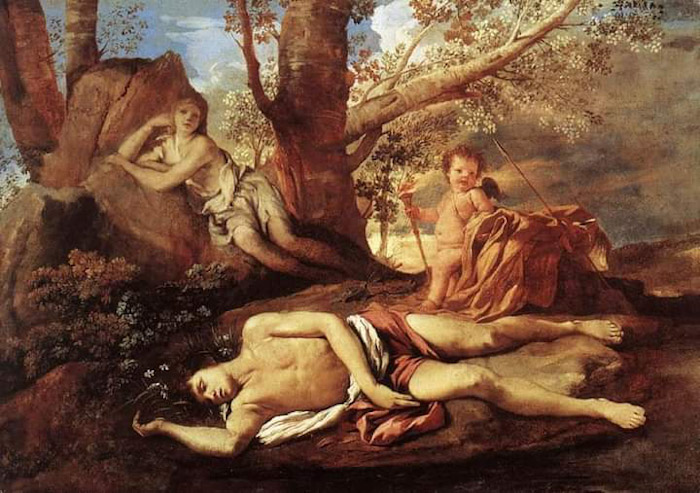
The Myth in Art History
The tragedy of Echo and Narcissus has been a recurring and fascinating theme for artists, who have interpreted this drama of unrequited love and fatal obsession in various ways.
- 1. Echo (Talbot Hughes, 1900): This late Pre-Raphaelite Brotherhood artist chose a melancholic portrait of Echo in her moment of abandonment. The nymph is depicted alone, with her head bowed, symbolizing the moment her being begins to fade into the rock, becoming pure lament. The setting is usually somber, focusing on the nymph's solitary pain.
- 2. Echo and Narcissus (John William Waterhouse, 1903): Waterhouse, the great Pre-Raphaelite master, captures the climax of the rejection. Echo is seen, with an expression of supplication and despair, approaching Narcissus, who reclines with almost brutal indifference, looking into the distance, oblivious to anything other than his own perfection. The beauty of the wooded landscape contrasts with the emotional drama.
- 3. Echo and Narcissus (Nicolas Poussin, 1630): The great French Baroque master approaches the myth with classical solemnity. Poussin usually represents the scene after Narcissus's death. We see the young man's lifeless body lying next to the water, while the transformation into the Narcissus flower has already begun. Echo, represented as a melancholic figure, observes the body without being able to speak. Poussin uses the landscape and figures in a balanced way, prioritizing the moral narrative over the emotional drama.
- 4. Echo (Alexandre Cabanel, 1874): Cabanel, a representative of French Academicism, tends to idealize and sensualize his mythological figures. His depiction of Echo usually shows her languishing in a state of abandonment, with a classical pose and an expression of controlled melancholy. This work focuses on the tragic beauty of the nymph, highlighting her figure before her final fading.
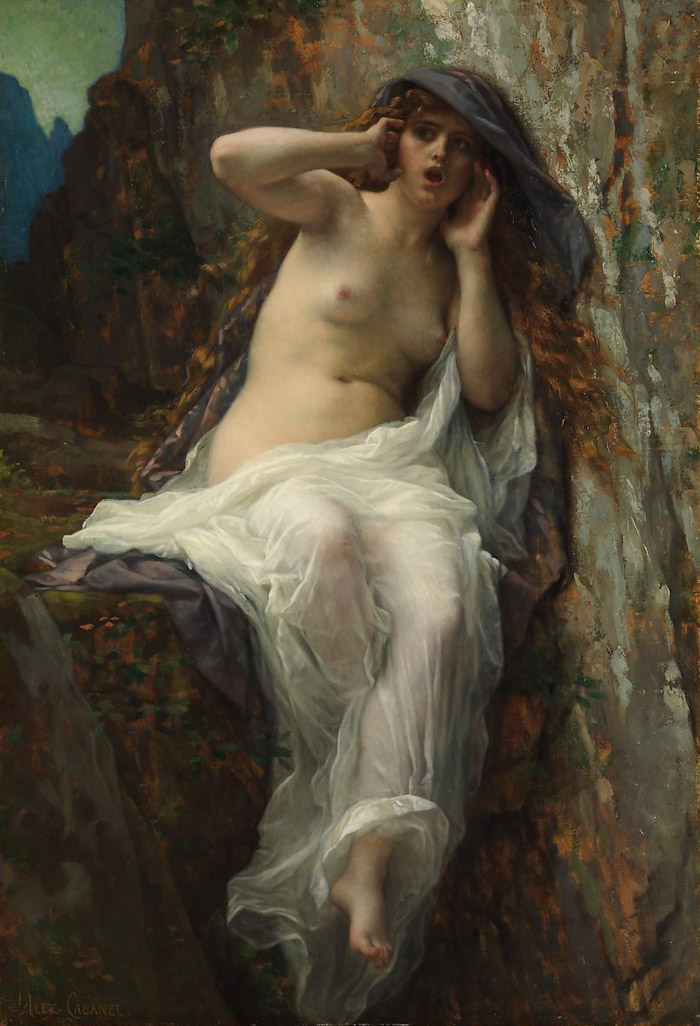
The myth, immortalized by Ovid in his Metamorphoses, continues to resonate today. So much so that it gave its name to a psychological disorder: narcissism. A perfect story to remind us that the obsession with one's own image, and the inability to see and love others, always comes at a tragic price.



